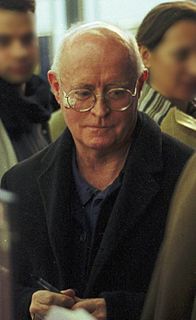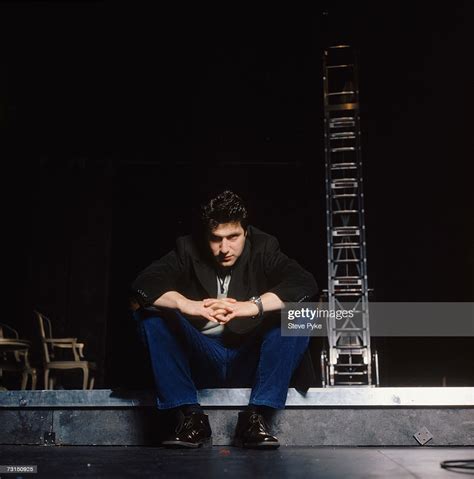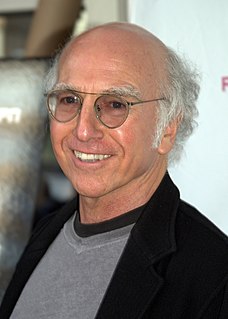A Quote by Tom Stoppard
I write plays because dialogue is the most respectable way of contradicting myself.
Quote Topics
Related Quotes
When I first started writing plays I couldn't write good dialogue because I didn't respect how black people talked. I thought that in order to make art out of their dialogue I had to change it, make it into something different. Once I learned to value and respect my characters, I could really hear them. I let them start talking.
The way you write dialogue is the same whether you're writing for movies or TV or games. We use movie scriptwriting software to write the screenplays for our games, but naturally we have things in the script that you would never have in a movie script -- different branches and optional dialogue, for example. But still, when it comes to storytelling and dialogue, they are very much the same.
Sometimes I find it tiresome to write actions and describe the scene in a very intricate way so that every crew member understands where we are going - that I can find a little bit long and tiresome. But dialogue is just all my life. There's no way I could ever be challenged, not challenged, but I'm always so happy to write dialogue.
Even the way Mamet describes silences within his plays is different. There are pauses; there are pauses within parentheses; there are pauses before dialogue; there are pauses in the spaces between the dialogue - there's this extraordinary vocabulary of silence which is all there on the page, mapped out.
I've had enormous luck and enormous pleasure in working in such forms as movies and plays that I loved when I was a kid and I just - because I could always write dialogue, because I always had a sense of how people spoke. And because I had a strong narrative sense; growing up and loving stories, loving novels, I just seem to know how to tell a story and I read a lot, I went to a lot of movies, I went to a lot of plays, and it rubbed off on me. And that's all. It just rubbed off on me.
Speaking about myself, I've been pleasantly surprised that my older plays are still being performed. Most important is that they still have something to say to today's audience, in particular the young people who enjoy my plays. That's the best I could hope for, that the plays aren't single-use products of one era.




































